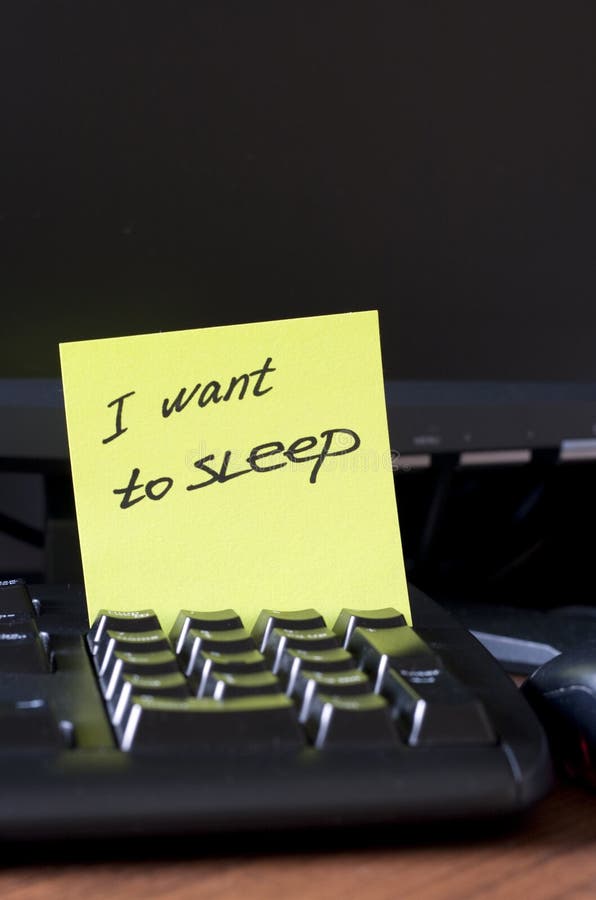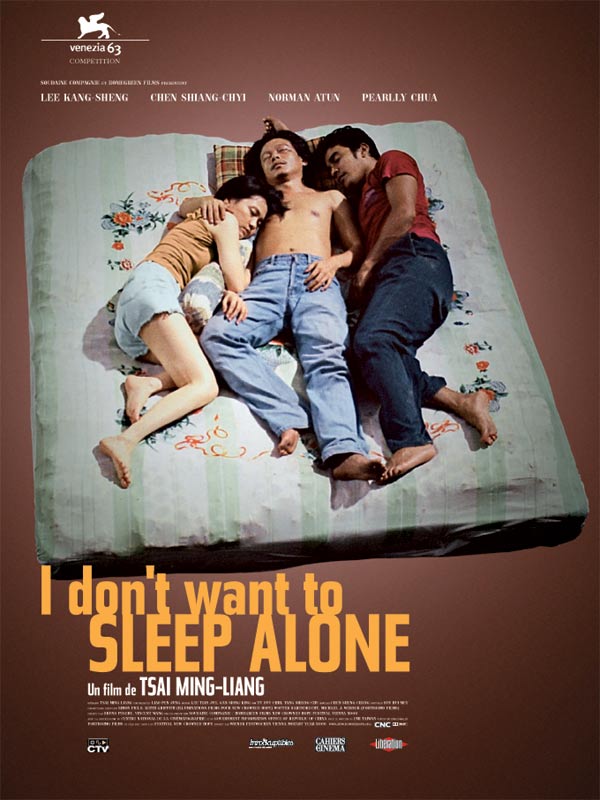
It is really important therefore that you learn to let it happen and do not try to force it.ĭifferent people find different activities relaxing so experiment to find what works best for you!Ĭognitive Behavioral Therapy, or 'CBT', works by addressing both the mental (cognitive) and behavioral factors that can prevent you from getting to sleep.ĬBT trains you to use techniques that help overcome the negative emotions that accompany the experience of being unable to sleep. People with sleep problems often have difficulty relaxing and 'letting-go'. The key is to stick to activities and habits that you find relaxing and help to reduce over-arousal, allowing sleep to overcome wakefulness. What should you do when you are tired but cannot sleep? Caffeine consumption, in particular, has been shown to result in a longer time to fall asleep. As stimulant drugs they can make it more difficult to reduce arousal and initiate sleep. Similar effects can be caused by stimulants such as caffeine and nicotine. Whilst exercise has been shown to correlate with better sleep, intense aerobic exercise too close to bedtime may actually boost your energy, making it more difficult to get to sleep. It isn't just your thoughts that can prevent you from falling asleep – exercising shortly before going to bed or ingesting stimulants too late in the day can also deter sleepiness from setting in. The more your thoughts race, the more alert you become, even if you feel extremely tired. Whether you find yourself thinking about past or future events, or even trivial things that hold little importance, persistent thoughts can be enough to keep a very tired person from feeling sleepy. In fact, respondents to the Great British Sleep Survey revealed it to be the most frequent cause of their sleeplessness. The 'racing mind', as it is known, is very common in poor sleepers. Heading to bed without having experienced any of these signs may make it less likely that you'll get to sleep quickly, and more likely that you'll find yourself lying awake, thinking about not sleeping.


So how can you tell if you really are sleepy-tired? Look out for signs such as: itchy eyes, a lack of energy, aching muscles, yawning and a tendency to “nod off”. As you may have experienced, feeling tired does not necessarily make sleep inevitable!įeeling sleepy, on the other hand, is what is called a 'discriminative stimulus' for sleep it predicts sleep is about to occur. In conversation, we tend to use 'tired' and 'sleepy' interchangeably but in reality they signal very different things and it is important to be able to tell the difference between them.Ī person might feel extremely fatigued but, in fact, not be ready for sleep.


 0 kommentar(er)
0 kommentar(er)
